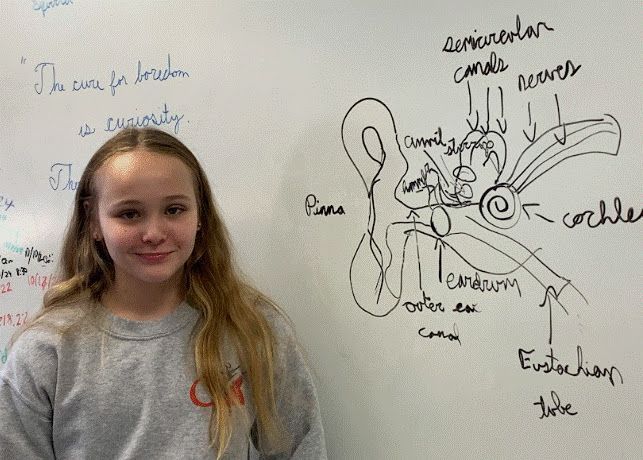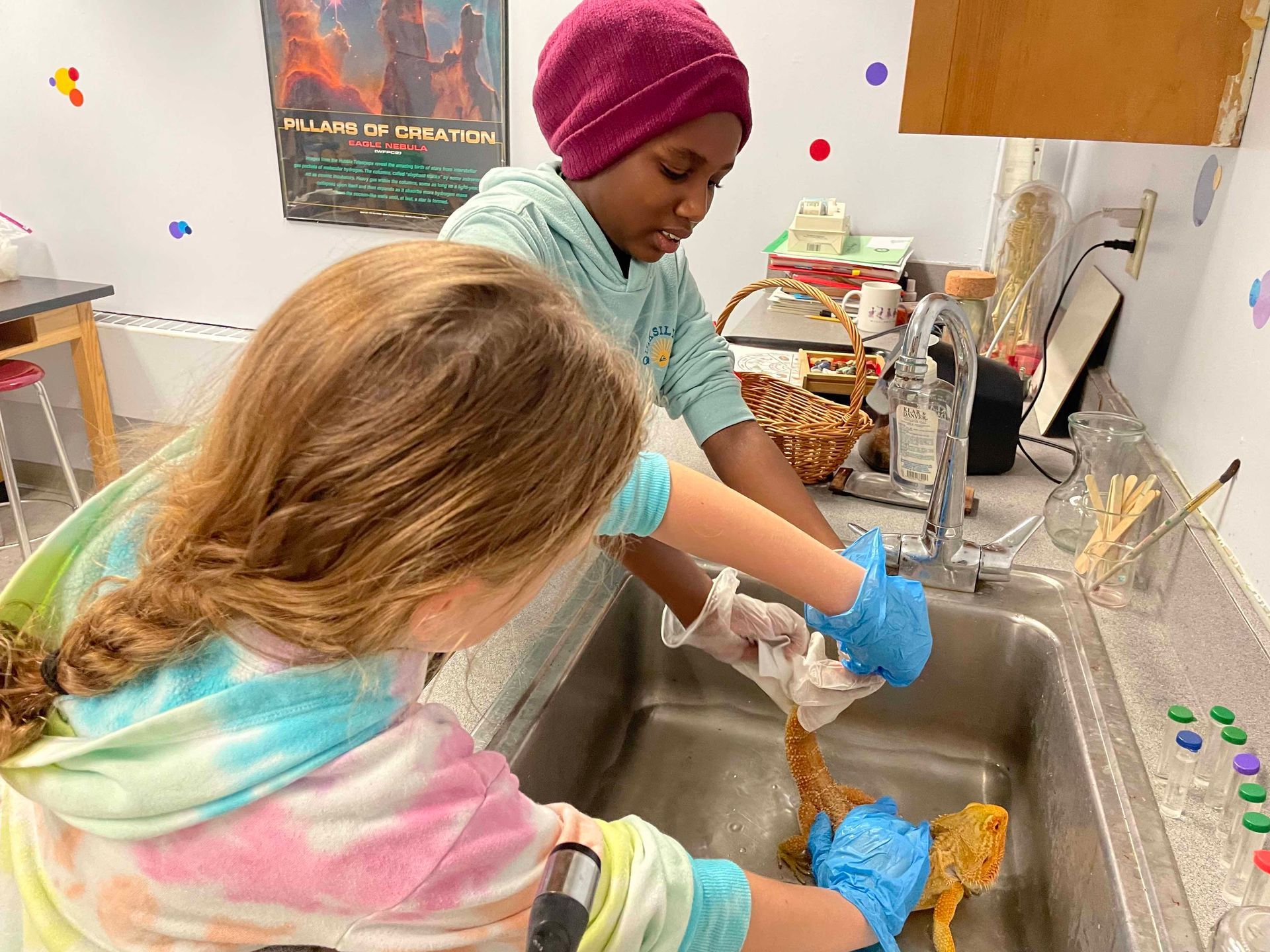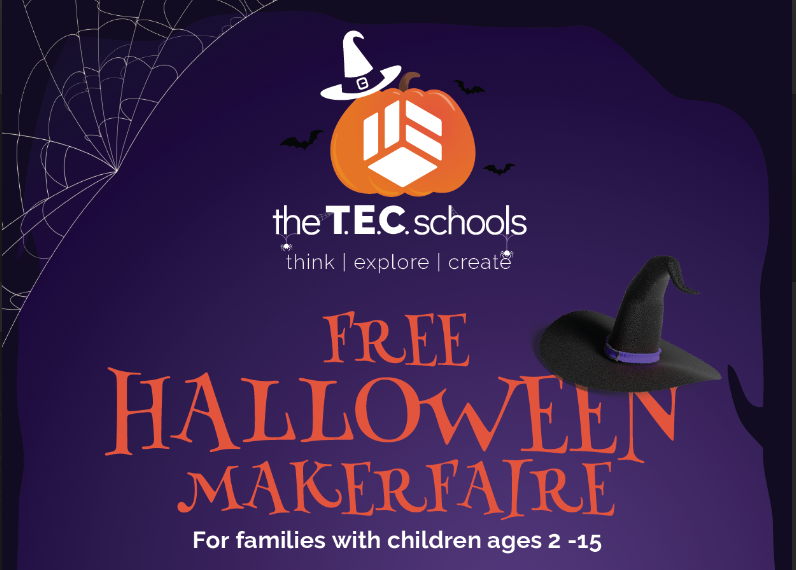
"The greatest sign of success for a teacher... is to be able to say, 'The children are now working as if I did not exist." - Maria Montessori
This quote from Maria Montessori beautifully captures the essence of a moment I recently witnessed in one of our Upper Elementary classrooms. It was a moment where the lines between student and teacher blurred, where a child's innate love of learning shone so brightly that it illuminated the entire classroom. It all started with a student who had been captivated by her studies of the human ear.
In a recent Montessori classroom observation, I witnessed a heartwarming moment that truly captured the essence of the Montessori philosophy. A young student, was leading an impromptu science review session for her classmates. She had been captivated by her studies of the human ear and wanted to share her knowledge with her peers.
The student's initiative and leadership skills were fostered by the Montessori environment, which encourages children to take ownership of their learning and collaborate with others. She had been given the freedom to explore her interests and develop her understanding of the human ear at her own pace. This self-directed learning had empowered her to become a confident and knowledgeable teacher.
And here's where the beauty of Montessori truly shines through. In a traditional classroom setting, the student might have been discouraged from taking the lead or told to focus solely on her own work. But in our Montessori environment, we encourage children to embrace their leadership potential and collaborate with their peers.
The student's initiative to guide her classmates wasn't a random act; it was a direct result of several key Montessori principles:
- Freedom within Limits: The student had the freedom to choose her work and pursue her interests, but within a carefully prepared environment that provided structure and guidance. This allowed her to delve deeply into her study of the ear, fostering a sense of ownership and mastery over her learning.
- Auto-education: Montessori believed that children have an innate drive to learn and discover. Her self-directed exploration of the ear exemplifies this principle. She wasn't passively absorbing information; she was actively constructing her own understanding.
- Prepared Environment: Our classrooms are carefully designed to provide children with the tools and resources they need to explore their interests. The availability of engaging materials, such as the anatomical diagrams the student used, sparked her curiosity and facilitated her learning.
- Collaboration: Montessori classrooms are communities of learners where collaboration and mutual respect are highly valued. The student's willingness to help her classmates and their eagerness to learn from her demonstrate the power of peer-to-peer learning.
The impromptu science lesson was not only a testament to the student's own passion for learning, but also to the power of the Montessori approach. By fostering independence, curiosity, and collaboration, we empower children to become confident, capable learners who are passionate about sharing their knowledge with the world.


